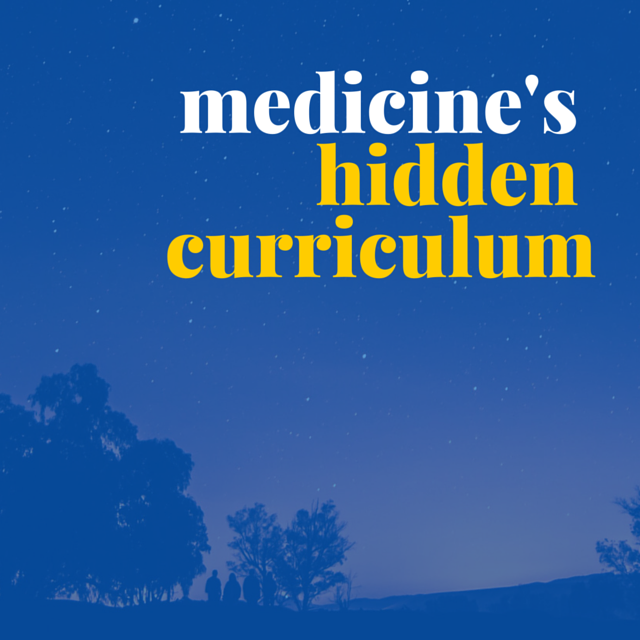Med Student Turned Patient
I’ve heard doctors are terrible patients; being a med student turned patient made me understand why.
The short version? It’s a great learning experience you never want to go through.
 Role Reversal: the Med Student Turned Patient
Role Reversal: the Med Student Turned Patient
Last October I celebrated ending my fourth audition rotation by getting incredibly ill, promptly shrugging off my symptoms and going on vacation. This resulted in an ER visit in Orlando and a five day stay on the medicine floor.
Going from being a student pimped on wards, to a patient in a bed on wards, is not an easy adjustment. I had spent the past three months working in four different teaching hospitals, constantly active and learning, and was now confined to a bed and my antibiotic IV. It was an unpleasant change, and once the antibiotics and IVF started working it was sheer torture to remain confined to my room.
I couldn’t help but try to learn from the nurses and doctors who cared for me during my stay, and found that the nursing students were the most eager to teach. I still don’t know how to make an IV pump stop beeping for more than 60 seconds, but I learned a lot about the conflicts of patient care versus doctors notes.
Advice as you Enter Fourth Year
Audition rotations are really intense, and you can easily over-do it, so I recommend a little self awareness. Remember that you need to be physically well to perform your best – so try to get a little more sleep and eat properly. However, if you do get sick, consider actually telling your attending and taking a day off to recover. It may sink one audition, but trust me, that’s better than spending days as a patient and having to re-schedule precious residency interviews mid-season!
Pro Tips for All Students
- Make it clear to the patient what you’re ordering. Despite knowing I was a fourth year medical student I had to drag information out of the hospitalist and pulmonary doctor multiple times. Less than a minute is required to explain why you need yet another blood draw at 5 AM. Communicating with patients is a vital skill (see this great KevinMD post for the basics).
- Don’t ask for routine or blanket vital checks; instead be specific in your notes to nursing. It is incredibly difficult to sleep and heal if an MA or nursing student is waking you every two hours to check your temperature. This is the reason behind hospital floor “quiet times” and why every patient looks daggers at you when you wake them to pre-round. Had they gotten even four hours un-interrupted, your patients would cooperate more and feel a heck of a lot better. But that’ll only happen if they refuse their waking, or you write your notes better.





